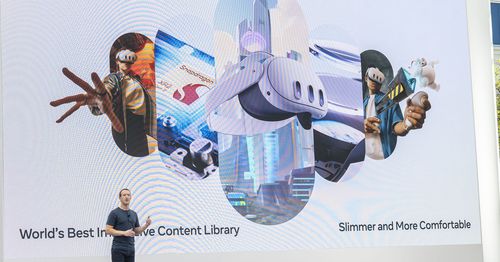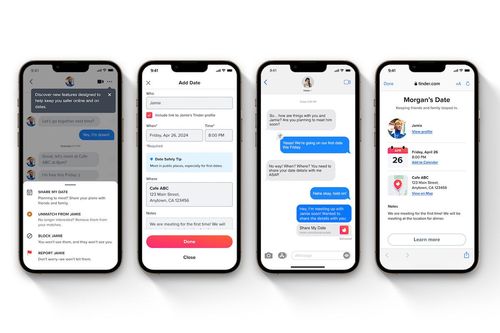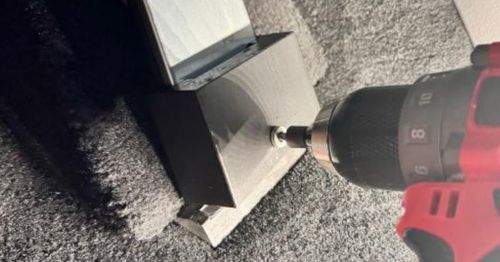Apple's loss in electric car venture could benefit home robotics
For over twenty years, various companies have endeavored to duplicate the remarkable success of Roomba, the robot vacuum that revolutionized home cleaning, yet the vast majority have faced setbacks. An illustrative case is Apple, a giant in the tech industry, which has seen its fair share of projects, like the electric vehicle initiative, not reaching fruition despite having substantial advantages. However, Apple's foray into mixed reality with the Vision Pro and its rumored exploration into home robots depict a company undeterred by past failures, ready to tackle challenging sectors anew.
Home robotics stands as a particularly tough nut to crack, with the robot vacuum being the sole substantially successful product in the two decades since Roomba's debut. iRobot, Roomba's creator, has attempted to expand its portfolio with various other robots aimed at different household tasks, yet none have matched the vacuum's success. Their efforts underscore the difficulty in finding another niche where robots can significantly impact daily life as the Roomba did.
The design and functionality of home robots are largely limited by their physical form. The compact, disc shape of most robot vacuums, while ideal for their primary function, restricts their ability to perform other tasks. Innovators like the startup Matic and Amazon with its Astro home robot are exploring new designs to overcome these limitations, hinting that the future of home robotics may lie in rethinking robot form factors entirely.
 Image: Amazon
Image: Amazon
Yet, developing more advanced and versatile robots, such as those capable of mobile manipulation, presents its own set of challenges. These technologies have not yet been perfected even in industrial settings, making their adaptation for affordable home use a daunting task. Robots like Hello Robot's Stretch showcase potential strides in home automation, despite their current high cost and limitations like the need for teleoperation.
Apple's interest in entering this arena suggests a belief in the potential for crossover from its developments in autonomous technology and AI into home robotics. However, despite having a track record in robotics through initiatives like the Daisy robot arm, moving into home robotics represents a significant endeavor. The tech giant is reportedly exploring this with a focus on development and perhaps eyeing a role similar to its Vision Pro project, in which developer contributions are key. This approach, while ambitious, highlights the ongoing challenge of making versatile yet affordable robots for everyday consumers.
 Why Meta is looking to the fediverse as the future for social media
Why Meta is looking to the fediverse as the future for social media Microsoft’s Surface and Xbox hardware revenues take a big hit in Q3
Microsoft’s Surface and Xbox hardware revenues take a big hit in Q3 Augment, a competitor of GitHub Copilot and backed by Eric Schmidt, emerges from stealth mode with a launch of $252 million
Augment, a competitor of GitHub Copilot and backed by Eric Schmidt, emerges from stealth mode with a launch of $252 million IBM advances further into hybrid cloud management with its $6.4 billion acquisition of HashiCorp
IBM advances further into hybrid cloud management with its $6.4 billion acquisition of HashiCorp Perplexity is raising over $250 million at a valuation of between $2.5 billion and $3 billion for its AI search platform, according to sources.
Perplexity is raising over $250 million at a valuation of between $2.5 billion and $3 billion for its AI search platform, according to sources. Apple announces May 7 event for new iPads
Apple announces May 7 event for new iPads Gurman: iOS 18 AI features to be powered by entirely On-Device LLM, offering privacy and speed benefits
Gurman: iOS 18 AI features to be powered by entirely On-Device LLM, offering privacy and speed benefits Meta aims to become the Microsoft of headsets
Meta aims to become the Microsoft of headsets Tinder introduces a 'Share My Date' feature allowing users to share their date plans with interested friends
Tinder introduces a 'Share My Date' feature allowing users to share their date plans with interested friends This is Tesla's effective solution for the recalled Cybertruck accelerator pedals
This is Tesla's effective solution for the recalled Cybertruck accelerator pedals
